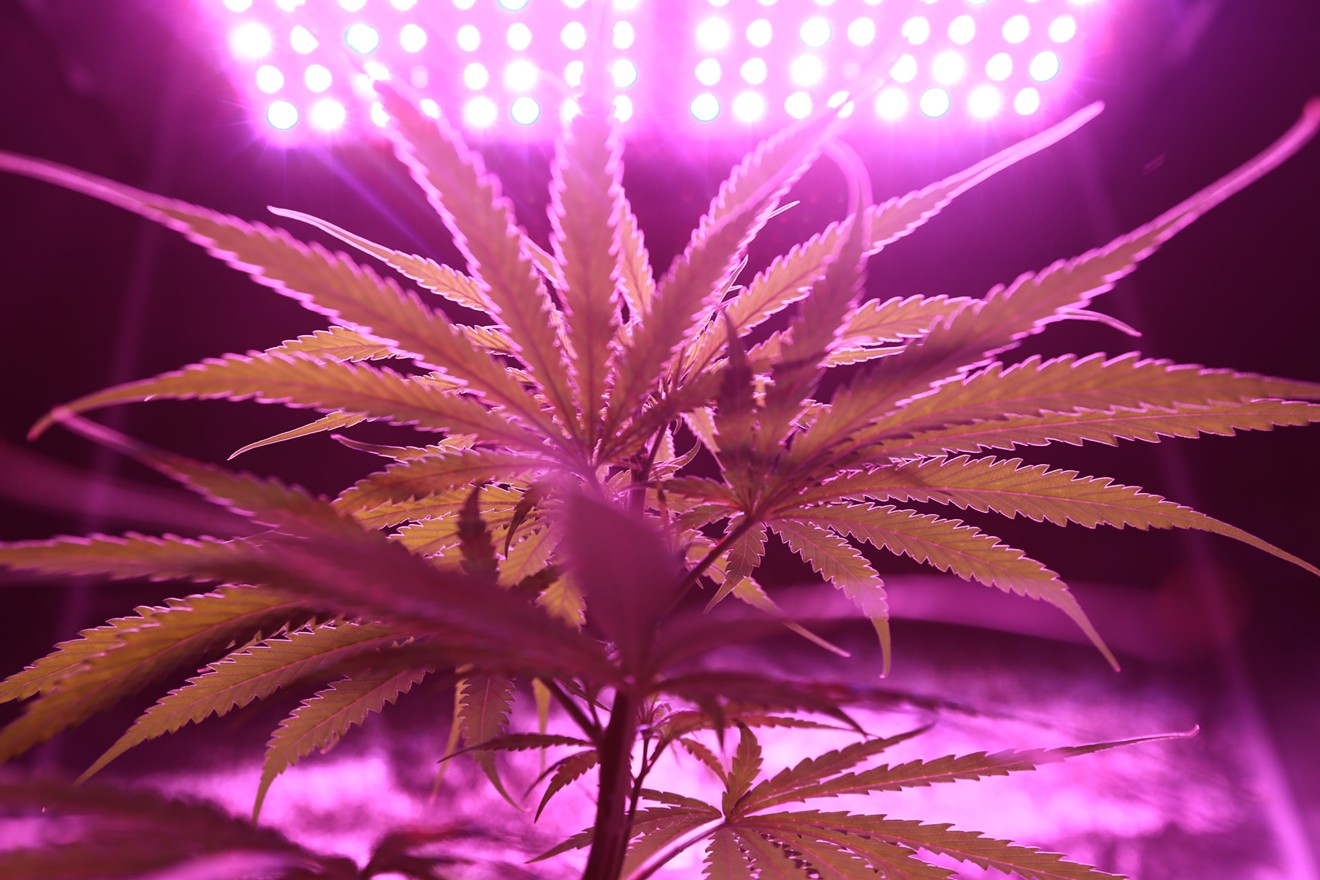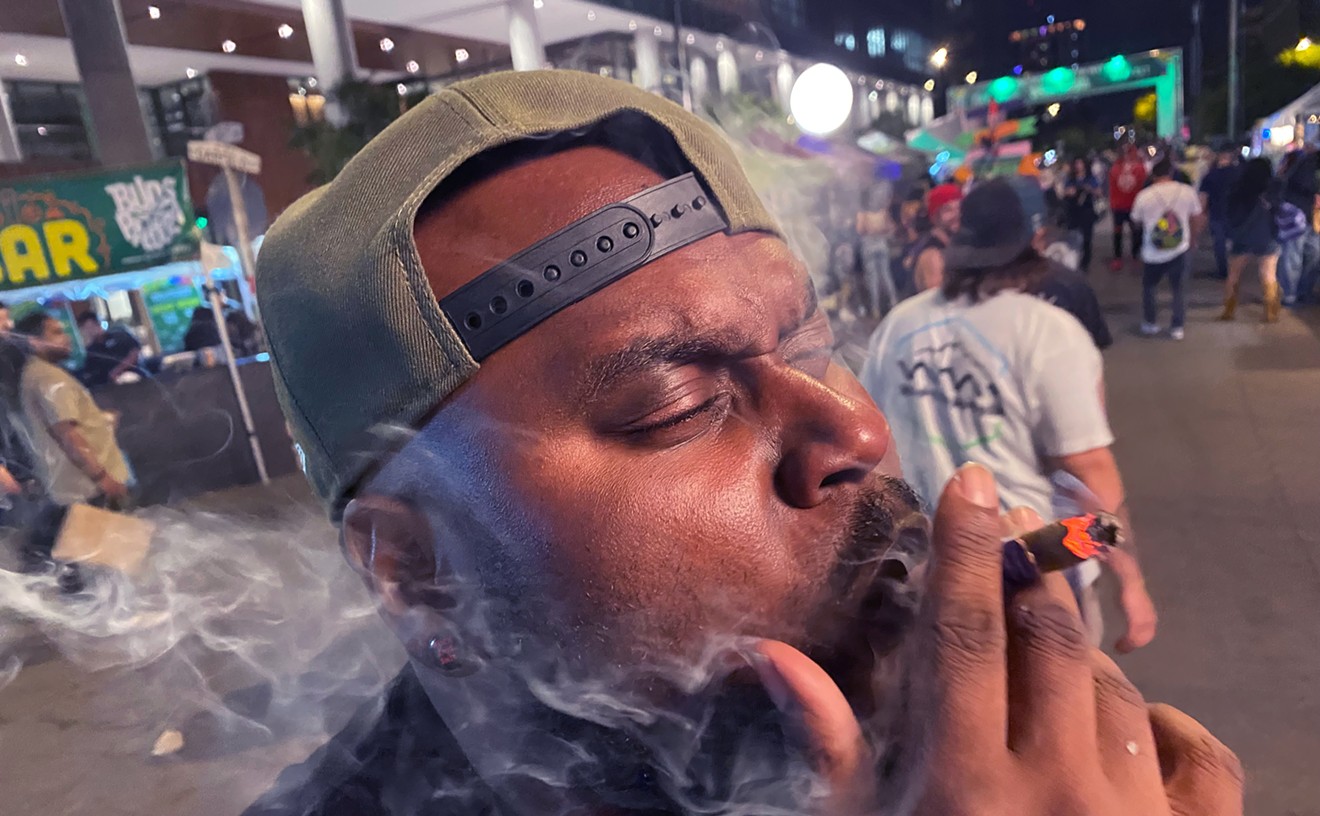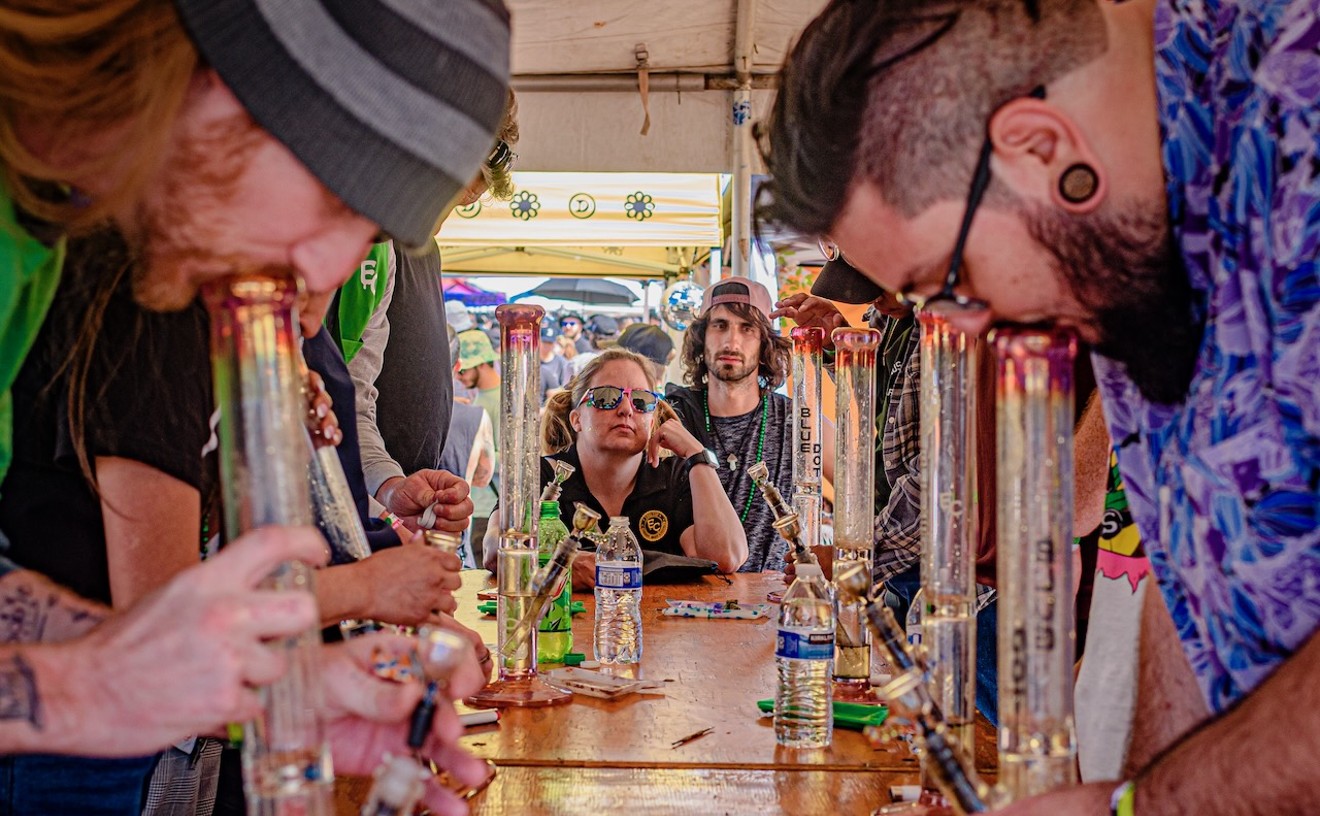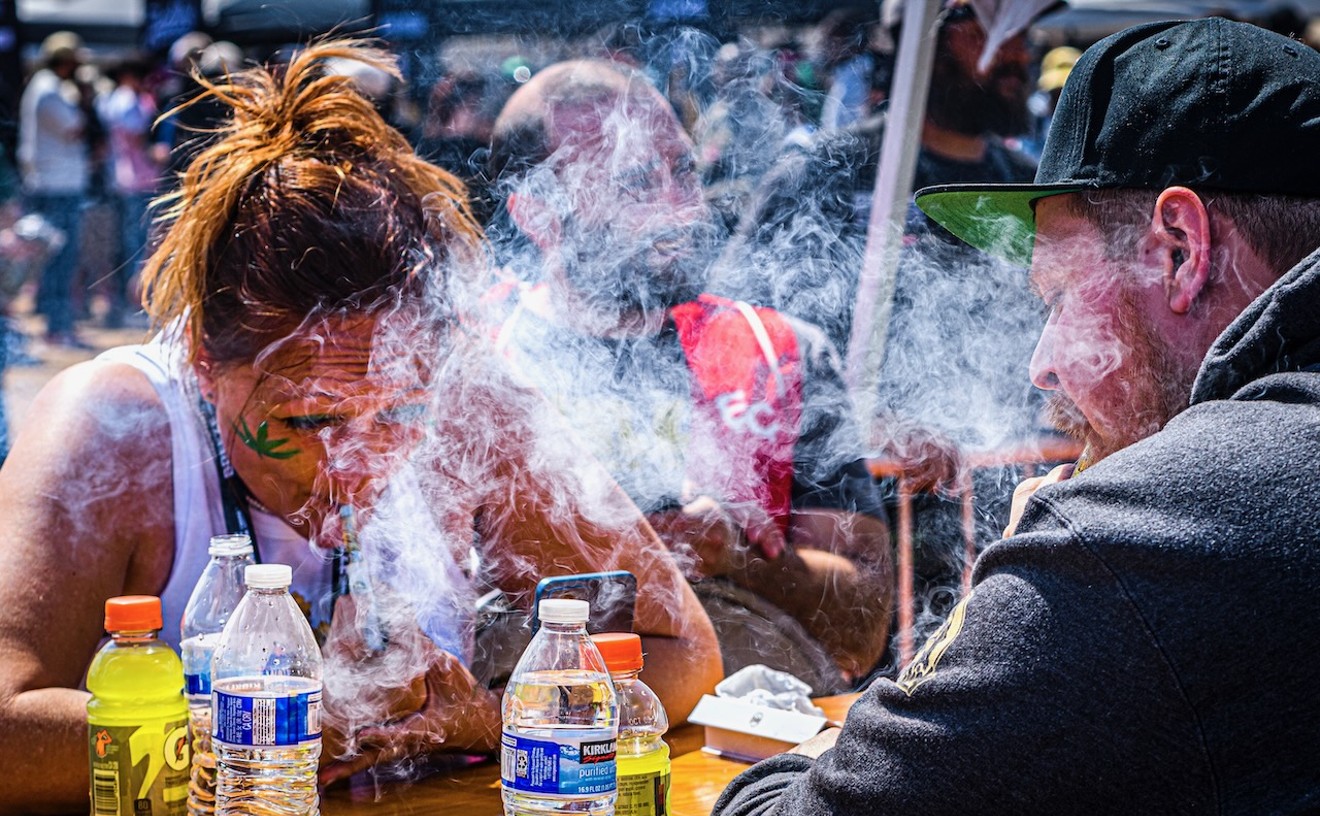Arizona’s recreational cannabis ballot initiative already has surpassed 150,000 signatures, according to the Smart and Safe Arizona campaign.
The number, confirmed by Stacy Pearson at Strategies 360, the PR firm running the campaign, shouldn’t surprise anyone.
With over $1.6 million in funding, the political action committee formed to push the ballot initiative is the best-funded PAC in the state, according to campaign finance filings. What is surprising is the seeming lack of any opposition in a state that, just four years ago, narrowly struck down a similar bill.
Mikel Weisser, executive director of the Arizona chapter of the National Organization for the Reform of Marijuana Laws, who was stigmatized for trying to rally the cannabis community in 2016, hasn’t been facing the same pushback this year.
“The biggest opposition is coming from, uh, people in the industry who organized the group called the Arizona Cannabis Chamber of Commerce,” Weisser said. “Their principal objections have virtually nothing to do with patient rights and are entirely about business structure.”
Tom Dean, a Phoenix attorney who specializes in marijuana and business law, echoed this sentiment. In a Facebook livestream with Stephen Wisniewski of Safer Arizona, the two point out some problems that can be fixed in 2024, but both support the upcoming 2020 initiative.
When reached for comment by Phoenix New Times, Dean continued, “We haven’t really heard much from the organized resistance to the initiative like everyone had expected. But I would think that we will see that in particular once the signatures are collected and the thing makes its way to the ballot. That may be what they’re waiting on.”
Robert Leger, spokesperson for Arizonans for Responsible Drug Policy stated the group’s opposition to the ballot proposal. When called for further comment, he refused, stating his disdain for New Times and this reporter. It’s possible the group is seeking a new financier.
In 2016, the anti-cannabis movement received about $6.4 million in funding from groups like the Arizona Chamber of Commerce ($918,000) and Empire Southwest LLC ($350,000). Fundraising efforts were led by politicians including Arizona Governor Doug Ducey and Yavapai County Attorney Sheila Polk.
“We’re not going to comment on an initiative that hasn’t even qualified for the ballot,” said Ducey’s spokesperson, Patrick Ptak. “But the governor’s record is clear on this: He is opposed to legalizing recreational marijuana.”
Polk’s office didn’t return a message.
The 2016 anti-cannabis campaign also received $1 million from Phoenix-based Discount Tire Company and its owner Bruce Halle, who was the richest man in Arizona at the time of his death in January 2018. ARDP also received a $500,000 donation from Insys Therapeutics, a Chandler-based pharmaceutical company that was developing an artificial THC substitute. That company’s billionaire founder and (at the time) CEO John Kapoor and six other executives have since been convicted in 2019 in a federal racketeering case related to their role in the fentanyl crisis.
This leaves ARDP without the money it had in 2016, a financial hurdle that’s keeping scattered camps of opposition at bay.
New Times also reached out to Jason Medar, whose grassroots Arizonans for Mindful Regulation campaign was at the forefront of in-fighting among the cannabis community. Medar didn’t return a message.
“Last time around, the initiative really did lose support from the consumer community,” Dean explained. “This time around, Dave and I, whenever we talk about wanting to fix it in 2024, we sandwich that with a clear statement at the beginning that we must support the 2020 [proposition]. We gotta get past this point.”
Dean and Weisser were both lightning rods in a divided cannabis community in 2016. But Arizona is a different climate in 2020.
“I’ve looked at a lot of different legislation. I really feel confident and proud of what we ended up with for Smart and Safe,” Weisser concluded.
Whatever opposition may target recreational cannabis in 2020, Smart and Safe Arizona now has a considerable head start to overcome.
[
{
"name": "Air - MediumRectangle - Inline Content - Mobile Display Size",
"component": "18478561",
"insertPoint": "2",
"requiredCountToDisplay": "2"
},{
"name": "Editor Picks",
"component": "16759093",
"insertPoint": "4",
"requiredCountToDisplay": "1"
},{
"name": "Inline Links",
"component": "17980324",
"insertPoint": "8th",
"startingPoint": 8,
"requiredCountToDisplay": "7",
"maxInsertions": 25
},{
"name": "Air - MediumRectangle - Combo - Inline Content",
"component": "16759092",
"insertPoint": "8th",
"startingPoint": 8,
"requiredCountToDisplay": "7",
"maxInsertions": 25
},{
"name": "Inline Links",
"component": "17980324",
"insertPoint": "8th",
"startingPoint": 12,
"requiredCountToDisplay": "11",
"maxInsertions": 24
},{
"name": "Air - Leaderboard Tower - Combo - Inline Content",
"component": "16759094",
"insertPoint": "8th",
"startingPoint": 12,
"requiredCountToDisplay": "11",
"maxInsertions": 24
}
]











